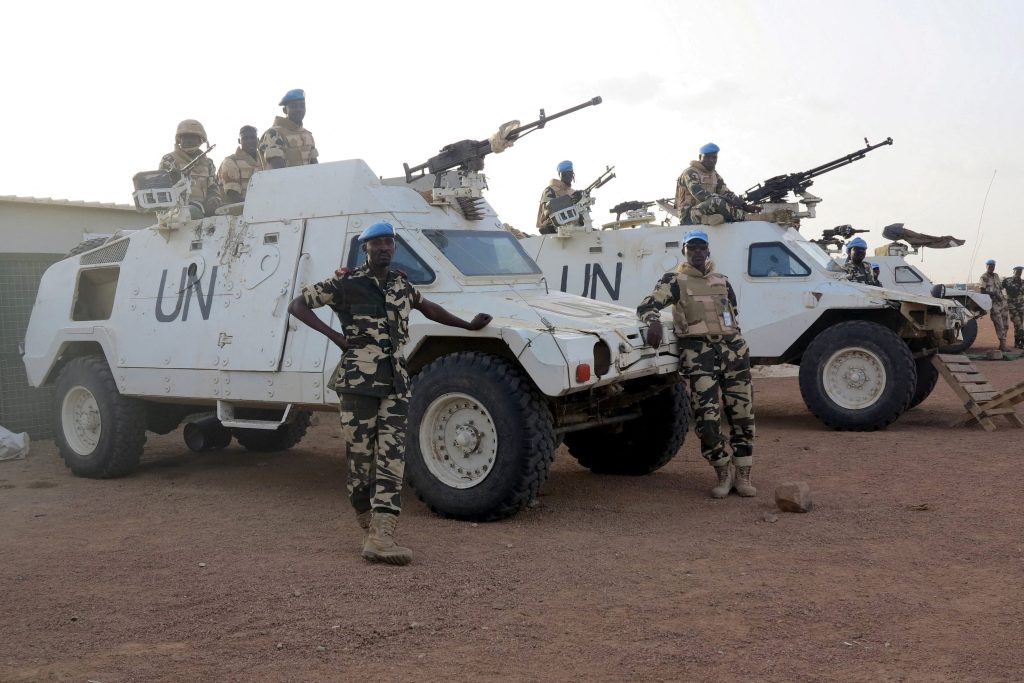The United Nations Stabilisation Mission in Mali (MINUSMA) has officially handed over its final camp to the country’s junta-led authorities, marking the end of its operations after nearly a decade.
The 37-hectare (91-acre) base, situated on the outskirts of Bamako, served as MINUSMA’s headquarters and main operational hub since its establishment in 2013. The mission, which deployed around 15,000 personnel at its peak, was terminated last year after Mali’s military rulers demanded its withdrawal, citing unmet expectations and strained relations.
At a ceremony marking the handover, UN Under-Secretary-General Atul Khare highlighted the camp’s significance in advancing MINUSMA’s objectives. Meanwhile, Mali’s Foreign Minister Abdoulaye Diop reiterated the junta’s dissatisfaction with the mission’s performance.
Diop criticised MINUSMA for failing to meet the pressing, existential expectations of the Malian people, who initially viewed the mission with hope. He accused the mission of fostering the instrumentalisation of human rights issues by external powers for political purposes but acknowledged the peacekeepers’ contributions.

MINUSMA was tasked with civilian protection and human rights monitoring in a country plagued by separatist violence. However, its reporting on abuses by all actors, including Mali’s own armed forces, often clashed with the junta’s agenda.
These tensions, alongside back-to-back coups in 2020 and 2021, led the military rulers to call for the mission’s removal, prompting the UN Security Council to end its mandate.
The mission faced significant risks, with over 180 personnel killed during its deployment, mostly in attacks attributed to groups linked to Al-Qaeda and the Islamic State. This toll made MINUSMA one of the most dangerous UN peacekeeping missions in recent years.
As part of its withdrawal, MINUSMA entered a liquidation phase to transfer equipment, conclude contracts, and wrap up operations by December 31. While the peacekeeping mission has ended, several UN agencies remain active in Mali to address ongoing humanitarian needs.


